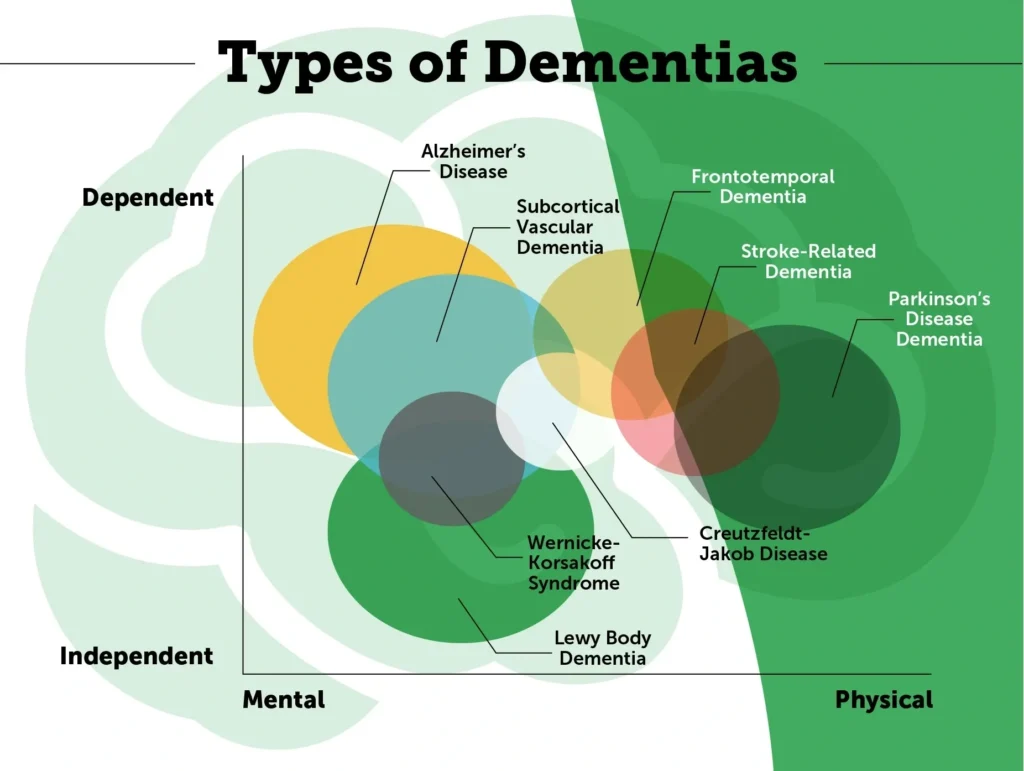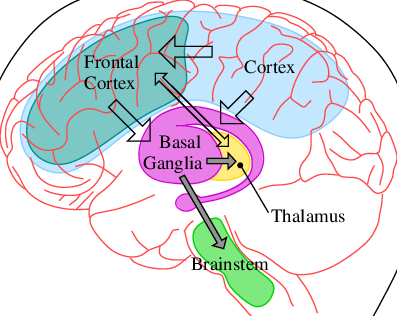In today’s fast-paced digital world, where attention spans are fleeting and screens dominate our waking hours, the humble book may hold a key to one of the most pressing health challenges of our time: dementia. Fortunately, the growing interest in reading and dementia prevention reveals promising ways to guard our cognitive health.
As the global population ages, the incidence of dementia is on the rise, affecting millions of families and placing enormous strain on healthcare systems.
While there’s currently no cure, growing research suggests that lifestyle factors including regular mental stimulation through reading can significantly reduce the risk or delay the onset of dementia.
This blog post explores the compelling connection between reading and cognitive longevity.
From understanding what dementia is to how books build brain resilience, we will unpack the science and practical habits that can turn pages into powerful tools for preserving mental clarity.
What Is Dementia?
For more on the types of dementia, visit the Alzheimer’s Association overview.

Dementia is not a single disease but rather a broad term used to describe a decline in cognitive function that interferes with daily life.
Alzheimer’s disease is the most common form, accounting for 60-80% of cases. Other types include vascular dementia, Lewy body dementia, and frontotemporal dementia.
Symptoms typically include memory loss, impaired judgment, language difficulties, and changes in mood or behaviour.
While age is the biggest risk factor, dementia is not a normal part of aging.
Genetics do play a role, but lifestyle and environmental factors are increasingly recognized as critical in influencing whether and how quickly dementia develops.
Cognitive Reserve and Reading’s Role in Dementia Prevention

To understand how reading helps, we must first introduce the concept of “cognitive reserve.”
This refers to the brain’s resilience—its ability to improvise and find alternate ways of functioning when faced with damage or decline.
People with higher cognitive reserve can often maintain normal cognitive function longer, even if their brains show signs of aging or pathology.
How Reading Builds Cognitive Reserve and Brain Resilience
Reading is one of the most effective ways to build this reserve. Every time you read, your brain engages multiple regions involved in language processing, comprehension, memory, attention, and critical thinking.
This repeated stimulation strengthens neural networks and encourages neuroplasticity, the brain’s ability to reorganize itself by forming new connections.
Scientific Research Supporting Reading and Dementia Prevention

One influential study published in the journal Neurology in 2013 found that people who engaged in reading, writing, and other mentally stimulating activities throughout life had a slower rate of cognitive decline in old age. Read the full study here.
Several studies have examined the relationship between mentally stimulating activities and dementia.
One influential study published in the journal Neurology in 2013 found that people who engaged in reading, writing, and other mentally stimulating activities throughout life had a slower rate of cognitive decline in old age.
Another well-known study, the Rush Memory and Aging Project, tracked over 1,000 older adults for many years.
Learn more about this project on the Rush University website.
It found that those who frequently engaged in cognitive activities like reading were 2.5 times less likely to develop Alzheimer’s disease compared to those who did so infrequently.
Importantly, these studies show that it’s never too late to start. Even seniors who began engaging in mentally stimulating activities later in life showed benefits.
How Reading Boosts Brain Health and Cognitive Function
Unlike passive activities such as watching TV, reading is an active process. Here are some ways it stimulates the brain:
Enhances Memory
Remembering characters, plots, and details from books requires short- and long-term memory use, which strengthens memory pathways.
Improves Focus and Concentration
Reading demands sustained attention, which exercises the brain’s executive functioning.
Boosts Language and Vocabulary
Exposure to new words and sentence structures improves linguistic skills and verbal intelligence.
Encourages Imagination and Visualization
Reading fiction, in particular, activates areas of the brain involved in imagination and empathy.
Promotes Critical Thinking
Analyzing stories, evaluating characters’ motives, and predicting outcomes require higher-order thinking much like the skills explored in our article on Decision-Making Clarity: Choose Confidently Without Regret.
These cumulative effects build cognitive reserve, helping the brain resist the damage associated with aging and neurodegenerative diseases.
Reading vs. Other Cognitive Activities
While other mentally stimulating activities like puzzles, games, and learning new skills are also beneficial, reading stands out for its accessibility and depth.
A single book can offer hours of sustained mental engagement, deep reflection, and emotional resonance.
Moreover, reading often combines multiple cognitive functions simultaneously—language, memory, attention, and abstract thinking—making it a comprehensive workout for the brain.
Reading as Part of a Brain-Healthy Lifestyle

Reading alone won’t prevent dementia, but it plays a vital role when combined with other healthy habits:
Physical Exercise
Improves blood flow to the brain and supports overall brain health.
Healthy Diet
Diets rich in antioxidants and omega-3s (like the Mediterranean diet) reduce inflammation and support brain function.
Learn more about this diet at the Harvard Health site.
Social Engagement
Participating in book clubs or discussing literature fosters social connection, another key factor in brain health.
Adequate Sleep
Essential for memory consolidation and clearing brain toxins.
Stress Management
Chronic stress can harm the brain; reading has been shown to reduce stress levels significantly.
Together, these elements create a holistic approach to maintaining cognitive vitality.
Tips to Make Reading a Daily Habit
If you’re looking to harness the brain-boosting benefits of reading, here are a few practical tips:
Set a Reading Goal
Aim for at least 20-30 minutes of reading daily.
Choose Stimulating Material
Select books that challenge you intellectually or emotionally.
Create a Reading Space
A comfortable, quiet environment helps you focus.
Join a Book Club
Adds a social dimension and motivates you to read regularly.
Use Audiobooks Strategically
Listening to complex material can also engage your brain, especially if you follow along with text.
Limit Screen Time
Reduce distractions from devices to improve reading focus.
Consistency is key. Like physical exercise, the cognitive benefits of reading accumulate over time.
Conclusion

Reading is more than just a pastime; it’s a powerful mental exercise that can play a significant role in preventing cognitive decline.
As we face an aging population and the increasing burden of dementia, promoting reading as a lifelong habit offers a simple, cost-effective, and enriching way to strengthen the mind.
Whether it’s fiction, non-fiction, biography, or poetry, every page you turn is a step toward a sharper, more resilient brain. So, pick up a book today—your future self may thank you for it.





